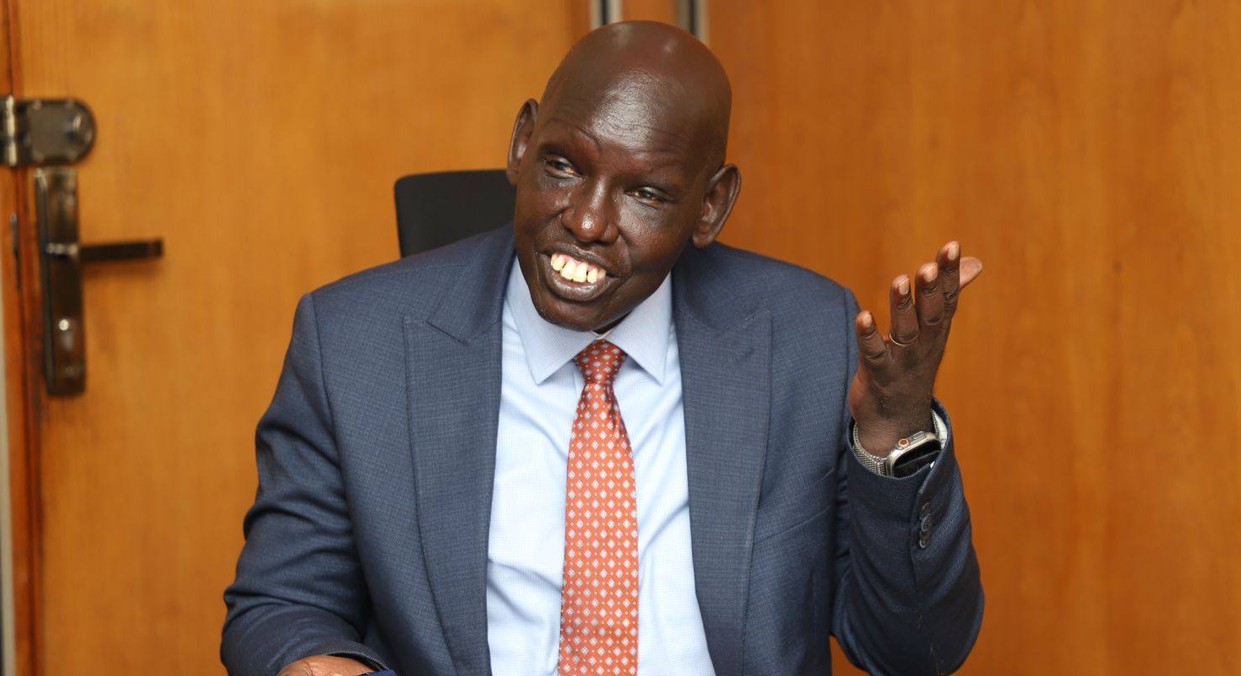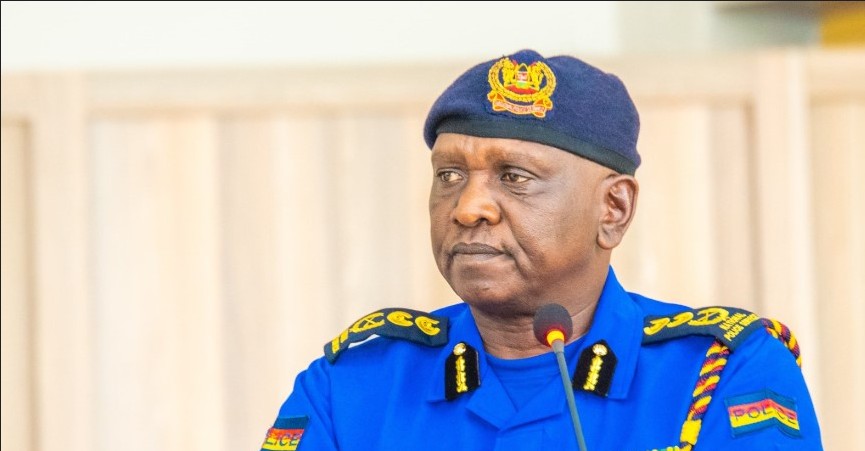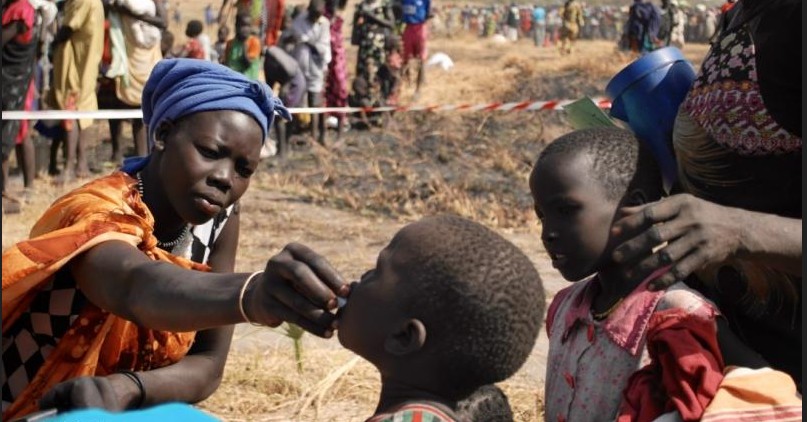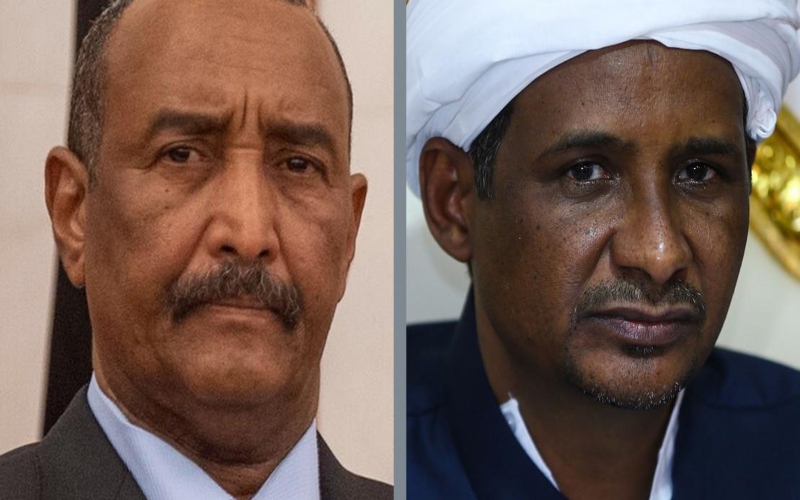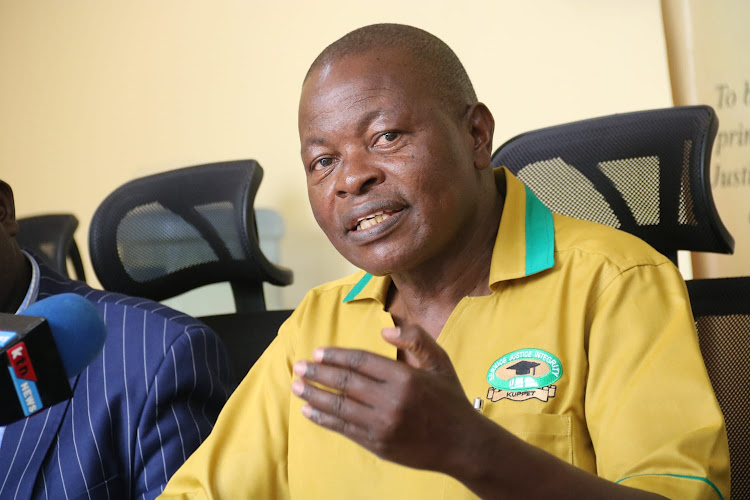Somali court sentences woman to 15 years for laundering Sh155 million to Al-Shabaab
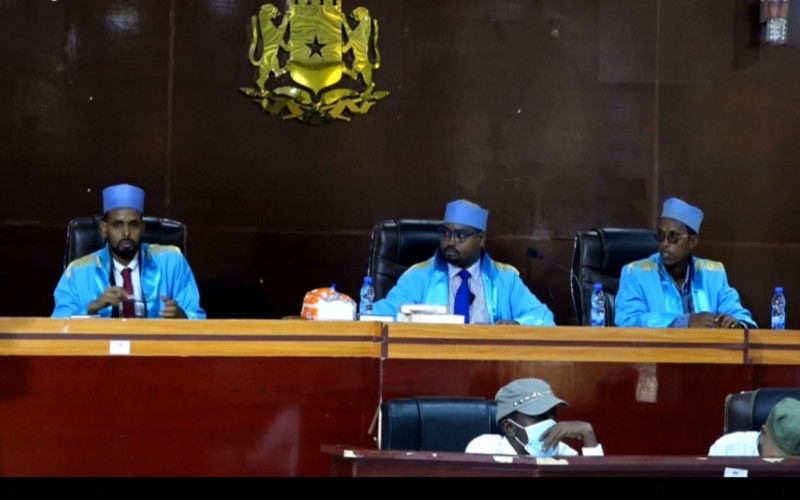
Banadir Regional Court ruled that Nadiifo Hassan Abdiqadir Abdulle channelled the money through her personal bank accounts, disguising illicit transfers that prosecutors said were used to fund militant operations.
A court in Mogadishu has sentenced a woman to 15 years in prison after finding her guilty of laundering more than $1.2 million (Sh155 million) in support of Al-Shabaab, the militant group that has carried out an armed insurgency in Somalia for over 15 years.
The Banadir Regional Court ruled that Nadiifo Hassan Abdiqadir Abdulle channelled the money through her personal bank accounts, disguising illicit transfers that prosecutors said were used to fund militant operations.
More To Read
- 868 Al-Shabaab militants killed since February - Somali Defence Ministry
- Kenya’s Special Operations Group foils Al-Shabaab IED plot in Garissa
- Djibouti to deploy more troops to Somalia to counter Al-Shabaab threat
- Somali intelligence kills Al-Shabaab leader Abdi Xiiray in major crackdown
- 127 civilians killed by IS Sahel in Niger since March - Human Rights Watch
- AU, UN condemn deadly Mali attacks as 21 soldiers killed in Al-Qaeda-linked raid
In addition to the prison term, the court imposed a $20,000 (Sh2.6 million) fine, ordered the closure of her accounts, and directed that her assets be confiscated and transferred to the state.
Following the ruling, the Office of the Attorney General issued a statement stressing the government’s commitment to pursuing those engaged in such activities.
The office declared that it “reaffirms its commitment to combating terrorism financing and money laundering” and warned that “anyone engaged in these dangerous activities will face justice.”
Al-Shabaab, which is affiliated with Al-Qaeda, has built a financial system that competes with state authority in several regions of Somalia. The group generates revenue through the widespread extortion of businesses, transport networks, and communities.
It demands taxes from individuals and companies under threat of violence.
According to the Somali Central Bank, the group earns millions of dollars each year through this system, which officials and the United Nations describe as a parallel form of governance.
The UN Panel of Experts on Somalia reported in late 2024 that Al-Shabab’s revenues surpassed $100 million (Sh13 billion) annually, sourced from extortion, smuggling, and cross-border transactions that remain largely hidden from oversight.
Somali authorities view Nadiifo’s conviction as part of wider efforts to dismantle the networks that sustain the insurgency.
The ruling comes in the wake of a series of financial crackdowns. In August, authorities froze nearly $1 million (Sh129 million) in suspected terror-linked funds after reviewing more than 3,500 bank accounts.
The Central Bank has also directed financial institutions to block accounts belonging to individuals sanctioned by the United States Treasury, a move designed to align Somalia with international counter-terrorism measures.
The establishment of the Financial Reporting Centre under the Anti-Money Laundering and Countering the Financing of Terrorism Act has been central to these reforms. The centre monitors suspicious transactions and coordinates with the National Intelligence and Security Agency.
The agency has repeatedly warned that anyone caught financing Al-Shabaab will be prosecuted. Officials argue that high-profile prosecutions, such as Nadiifo’s, are necessary to send a strong deterrent message and to demonstrate that the state is building capacity to enforce financial laws.
International partners have supported Somalia’s efforts to strengthen its financial system. The United States (US) has welcomed reforms in banking oversight, noting that financial stability is a key component of counter-terrorism.
American officials have said that improving the integrity of Somalia’s financial institutions will also help ensure that remittances, which remain a lifeline for Somali families, are not misused for militant purposes.
The United Nations has echoed these concerns, urging Somali authorities to continue closing regulatory loopholes. UN experts point out that the country’s informal economy and reliance on cash transactions create opportunities for Al-Shabaab to exploit.
US Ambassador to Somalia Richard Riley has praised recent progress, highlighting debt relief and reforms as signs of greater trust in Somali governance.
Speaking after the US forgave $1.14 billion (Sh147 billion) in Somalia’s debt, Riley said, “From our perspective, it’s emblematic of our very strong relationship and trust in the Somali people and their future.”
Across the region, governments are adopting similar measures. Kenya has enacted stricter laws allowing authorities to seize property and freeze accounts linked to terrorism financing, while Ethiopia has increased scrutiny of money transfer agencies and mobile banking platforms.
Somalia faces particular challenges due to the scale of its informal economy and its dependence on remittances from abroad. Billions of dollars sent annually by the Somali diaspora remain essential for families’ survival, but also present risks if misused.
Al-Shabaab has maintained its capacity to wage attacks despite losing control of major towns and cities in recent years. The group continues to stage bombings and raids in Mogadishu, in rural areas, and across borders.
Analysts argue that its ability to generate and move money through informal and illicit systems has been central to its resilience. Somali authorities contend that prosecutions such as Nadiifo’s, alongside the freezing of suspect funds and closer international cooperation, are critical steps toward weakening the group’s financial base.
Officials maintain that the ruling sends a clear signal of Somalia’s resolve to target the economic lifelines of Al-Shabaab. The Attorney General’s Office has pledged to intensify investigations and expand collaboration with international partners in order to monitor and disrupt financial flows.
Top Stories Today



